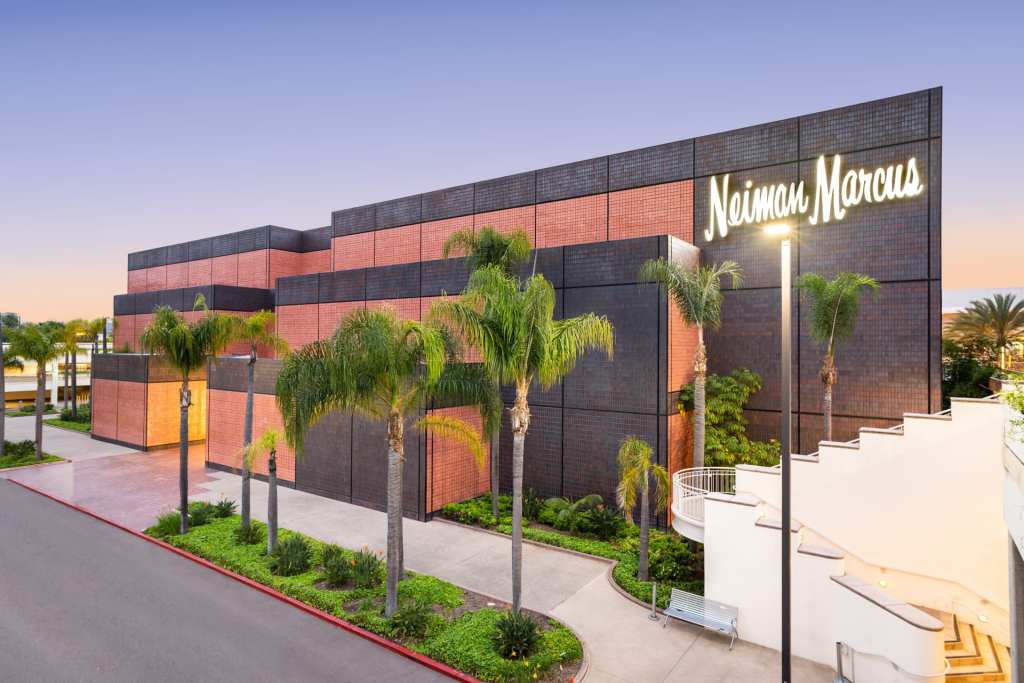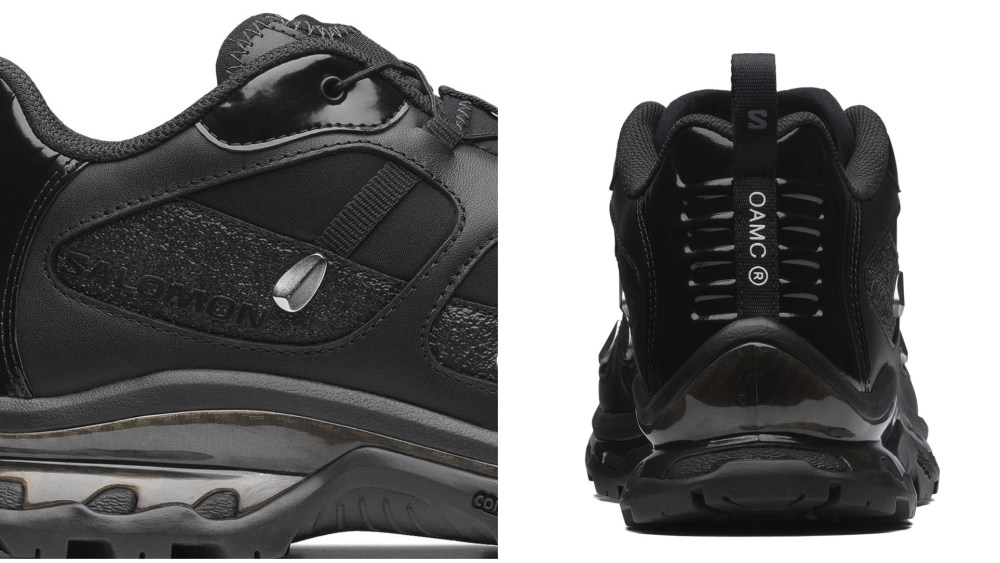Neiman Marcus Group, confronting a volatile macro economy and increasingly cautious consumers, saw a dip in both revenues and profitability in its first fiscal quarter which ended Oct.28.
Adjusted earnings before interest, taxes, depreciation and amortization, eased to $95 million in the latest three-month period, versus $112 million in the prior-year period, the company disclosed to WWD on Wednesday.
The luxury retailer, operator of Neiman Marcus and Bergdorf Goodman stores and e-commerce websites, also reported $948 million in sales for its last fiscal quarter, compared to $1.034 billion in the prior year. Same-store sales fell 8 percent last quarter.
The company ended the quarter with $35 million of cash, versus $194 million in the prior-year period. “The decline in cash has to do with working capital needs,” NMG said in a statement. “The decline was also related to deliberate investments in the company’s multiyear capital strategy as well as strategic initiatives.” That would include such costs as store improvements, digital and technology upgrades.
The company had around $880 million of liquidity, including cash, credit card receivables and revolver availability.
Net leverage, or net debt to EBITDA, jumped to around 4.8 times, versus 2 times, year-over-year.
“There is slowdown compared to last year but we continue to have a very profitable business, with a double-digit EBITDA rate,” Geoffroy van Raemdonck, chief executive officer of the Neiman Marcus Group, told WWD.
“We also have a healthy position in terms of inventory which is down to last year, meaningfully, and we are getting the goods earlier,” he said.
While NMG’s luxury business has softened somewhat, van Raemdonck noted, “We continue to be very strong in shoes and jewelry, which have been strong and steady for multiple quarters, and we saw strength in beauty this quarter as well.”
Van Raemdonck also said the best-performing luxury brands “are the ones on the quiet luxury side, the brands that are less logo driven.”
NMG does not expect this upcoming Black Friday weekend to produce an immense change in the business, in part because the store’s luxury customers are less inclined to hit the stores when there’s a big rush to shop and retailers blitz the market with price promoting.
Van Raemdonck said NMG “continues to navigate a volatile macro environment, cautious customers and increased promotionally in the luxury sector. What is different in this quarter is that we are seeing the engaged customer slowing down as well, though there is some resilience among our highest spending customers.”
Other luxury firms including Kering and Saks Fifth Avenue have also encountered softening demand, and LVMH recently reported sales increases that did not meet expectations. Others have cited a “normalization” in luxury spending after a spree occurred right after the pandemic.
In his prepared statement, van Raemdonck said, “This fall, we began seeing a broader demand deceleration with relatively consistent trends across all areas of the business. We remain committed to our strategy and are taking deliberate actions to drive customer engagement. Our strong liquidity position offers us a comparative advantage in the current setting, and we continue to strategically invest in our supply chain, stores, digital platforms and other areas that drive a differentiated customer experience across our integrated retail model.”
The CEO also cited “significantly improved expense management and inventory position over the last 12 months,” adding, “We are proactively addressing the headwinds we are facing by reducing controllable costs and focusing our investments on our growth and core strategies to ensure the long-term success of the organization.
“Our core customer is loyal. We have fostered strong relationships, creating lasting connections with customers. We remain committed to our strategy of leaning into relationships, with our 3,300-plus sales associates engaging with our customers both in store and via remote selling.”
He said that in NMG’s first quarter, more than 20 percent of net sales were either transacted through or directly influenced by sales associates interacting with customers who were not physically present in the stores, which was more than in first quarter last year.
He also said that despite the slowdown, the company continues to make strategic investments in key capabilities across NMG that support the customer experience, including $300 million since fiscal year 2021 in technology, supply chain and store renovations.
In addition, NMG has a “packed calendar filled with trunk shows and activations,” van Raemdonck said. NMG and other retailers will also be benefited by the extra shopping day between Thanksgiving and Christmas — 32 days this year versus 31 last year — and because with Christmas Day landing on a Monday this year, there is an entire week just before to shop.




